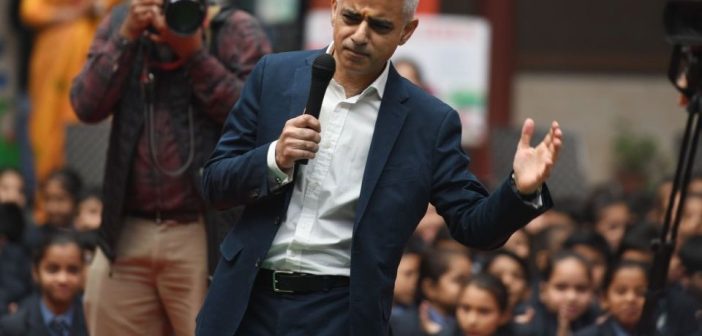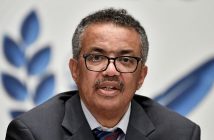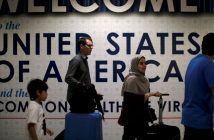This week, Sadiq Khan takes his #LondonIsOpen campaign direct to the subcontinent, making him the first London mayor to visit both India and Pakistan.
The mayor’s effort to promote trade and cultural ties between the UK and India comes at a critical juncture. As Britain faces its brave new post-Brexit world, we must urgently shore up our international alliances.
The opportunity to enhance the UK’s relationship with India must not be overlooked, particularly to reach the ambition of securing a free trade agreement with India and boost trade and investment between the two nations.
India is sprinting ahead as the world’s fastest growing economy – it recorded 6.3 per cent growth in the period up to September just last week. The UK must recognise the shift in the balance of power and forge a more strategic relationship with Narendra Modi’s new global India.
The UK and India can find many areas of common interest. The City of London is already the leading centre of offshore rupee finance, while India is the third largest source of foreign direct investment in the UK.
More than 800 Indian companies are present in the UK and are some of the biggest job creators – indeed, Tata Group is Britain’s largest manufacturer employer.
There is huge scope for the UK and India to find common platforms for shared success, in reviving the Commonwealth as a vibrant trade and strategic bloc, along with strong opportunities to partner on global issues, from cyber security to climate change.
But to seize such opportunities, the UK needs to bend on greater movement of people and services between the two markets, and be more receptive to Indian views on immigration and trade.
This means engaging with the Indian demand for higher education and world-class skills training, specifically in science, technology and engineering, where the opportunities for India are huge.
To fight the perception that the UK is turning in on itself with Brexit, we need all of this opportunity to be realised, and more. Brexit boots on the ground is a great way to tackle this, but city leaders from the rest of the UK should follow Khan in driving international relations. Britain’s new metro mayors need to step up as international trade relations envoys and engage directly with the UK’s strategic allies and trading partners, particularly as central government’s hands are increasingly tied up in Brexit’s political wrangling.
Khan’s visit is a brilliant example of how the UK’s diaspora can be deployed as a tool to enhance the UK’s overseas links. A new global Britain should take better advantage of the strength of multicultural communities. We should start by inspiring and empowering the 1.3m British Indians, and those from other cultures across the UK, to lead international trading relations at a grassroots level.
We also need to inspire the view that a “global Britain” means an “open Britain” – not just in the way that we engage with the rest of the world, but in the way that we approach and embrace new ideas and thinking.
With nothing certain except for the prospect of future change, being open to this is the only sure route to success.







